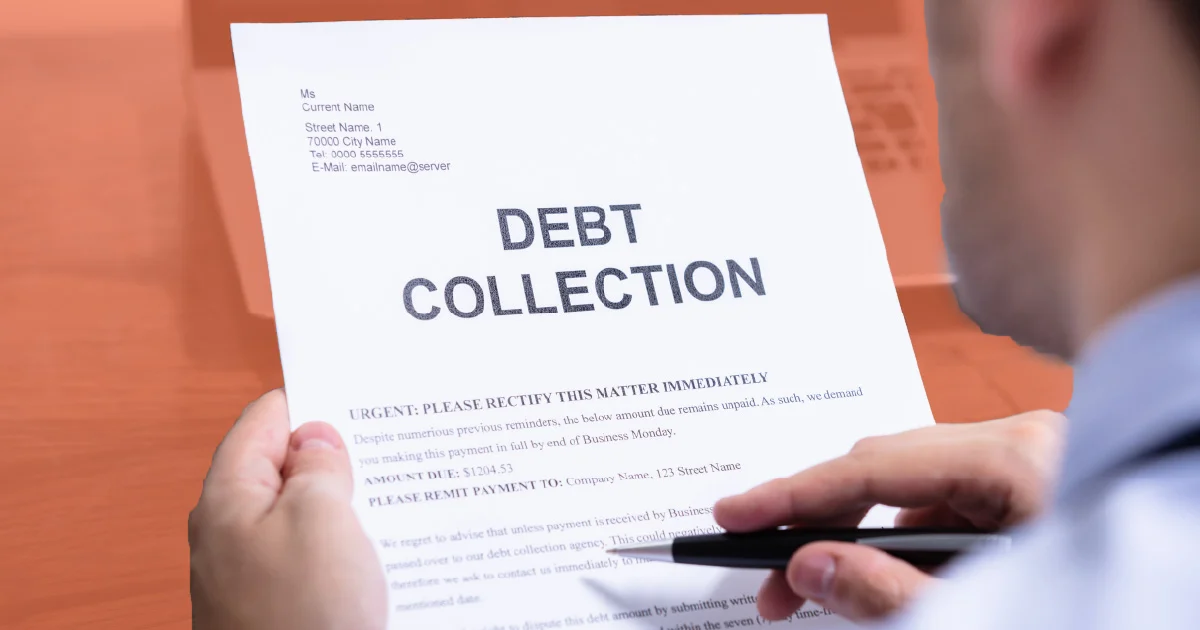Mastering the Art of Escaping Debt Collection: Effective Strategies and Tips
In the realm of personal finance, finding oneself in debt collection can feel overwhelming and challenging. However, it’s essential to understand that there are effective strategies and steps you can take to navigate and escape debt collection situations. This comprehensive guide explores practical ways to deal with debt collection, ensuring you can regain control of your financial situation and move towards a debt-free future.
Understanding Debt Collection
Debt collection occurs when creditors or collections agencies pursue payment for outstanding debts that have not been paid according to the agreed terms. This can happen with credit card debts, medical bills, loans, or any other form of financial obligation that has gone unpaid.
Key Steps to Escape Debt Collection
1. Assess Your Debt Situation: Start by assessing your overall debt situation. Compile a list of all debts currently in collections, noting down details such as the creditor’s name, the amount owed, and any relevant contact information for collections agencies involved.
2. Review Your Rights: Familiarize yourself with your rights as a consumer under the Fair Debt Collection Practices Act (FDCPA). This federal law protects consumers from abusive or unfair practices by collections agencies, ensuring fair treatment throughout the debt collection process.
3. Verify the Debt: Upon receiving communication from a collections agency, it’s crucial to verify the debt they claim you owe. Request a validation of debt letter from the collections agency, which requires them to provide proof that the debt is valid and that they have the legal right to collect it from you.
4. Negotiate a Settlement: If the debt is valid and you’re in a position to repay, consider negotiating a settlement with the collections agency. Often, agencies are willing to accept a lump-sum payment that is less than the total amount owed (a “settlement”) to close the account. Ensure to get any settlement agreement in writing before making any payments.
5. Consider Payment Plans: If you cannot afford a lump-sum settlement, discuss setting up a payment plan with the collections agency. Many agencies are open to negotiating monthly payment arrangements that fit your budget. Make sure the terms of the payment plan are realistic and manageable for you.
Strategies for Escaping Debt Collection
1. Maintain Documentation: Throughout your interactions with collections agencies, keep detailed records of all communications, including letters, emails, and notes from phone conversations. Documentation is essential to protect yourself and ensure accuracy throughout the process.
2. Stay Calm and Persistent: Dealing with debt collection can be stressful, but it’s important to remain calm and persistent. Keep focused on finding solutions and don’t hesitate to ask questions or seek clarification when needed.
3. Seek Professional Help: If you’re struggling to navigate debt collection on your own, consider seeking assistance from a financial advisor or credit counselor. These professionals can provide guidance tailored to your specific situation and help you explore options for managing and resolving your debts.
Long-Term Financial Planning
1. Budgeting and Saving: Once you’ve resolved your debt collection issues, prioritize budgeting and saving to prevent future financial challenges. Create a realistic budget that allows you to live within your means and set aside savings for emergencies and future goals.
2. Monitor Your Credit: Regularly monitor your credit report to ensure that any resolved debts are accurately reflected and that there are no errors or discrepancies. Good credit management is crucial for accessing favorable financial opportunities in the future.
Leveraging Professional Resources
For individuals seeking expert guidance on managing debt and improving financial health, resources like Savvy Tax Pro Academy offer valuable tools and information. Whether you need assistance with tax preparation software or comprehensive financial advice, leveraging professional resources can empower you to make informed decisions and achieve long-term financial stability.
Conclusion
Escaping debt collection requires proactive steps, careful planning, and a clear understanding of your rights and options as a consumer. By following the strategies outlined in this guide and leveraging available resources, you can effectively navigate debt collection challenges and move towards a brighter financial future. Remember, taking control of your finances today can lead to greater financial freedom and peace of mind tomorrow.
For further insights into managing your finances and exploring tax preparation solutions, visit Savvy Tax Pro Academy. Their expertise and resources are invaluable for individuals navigating debt collection issues and striving for financial success.

